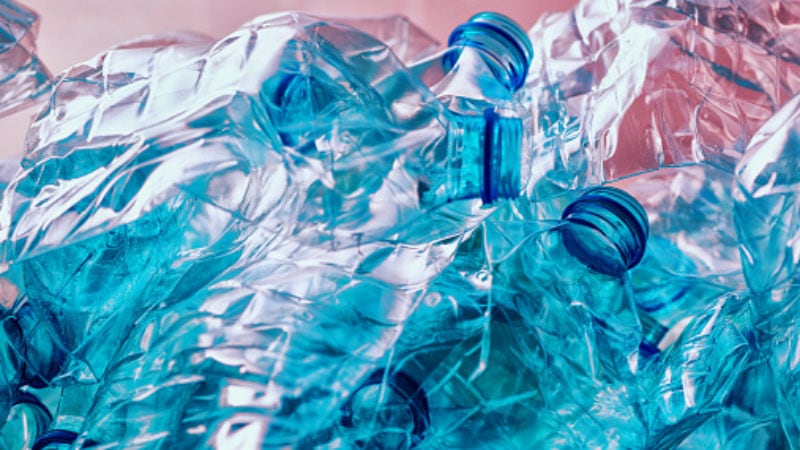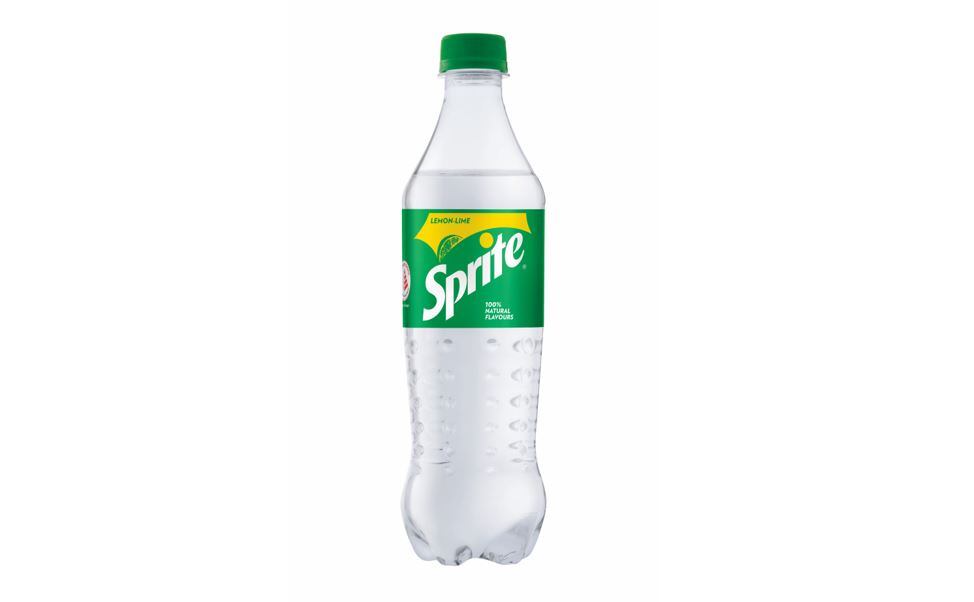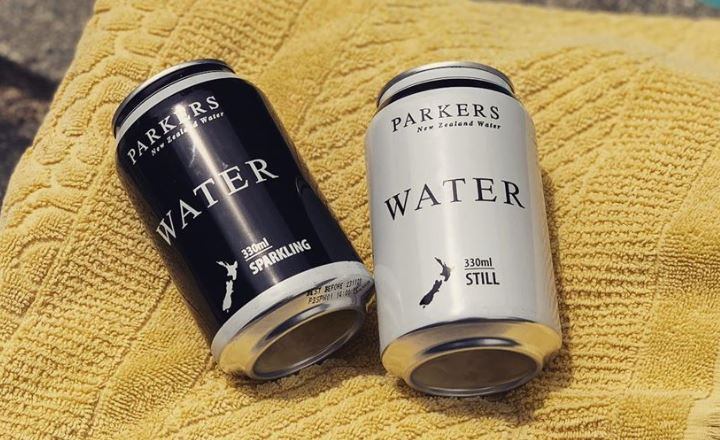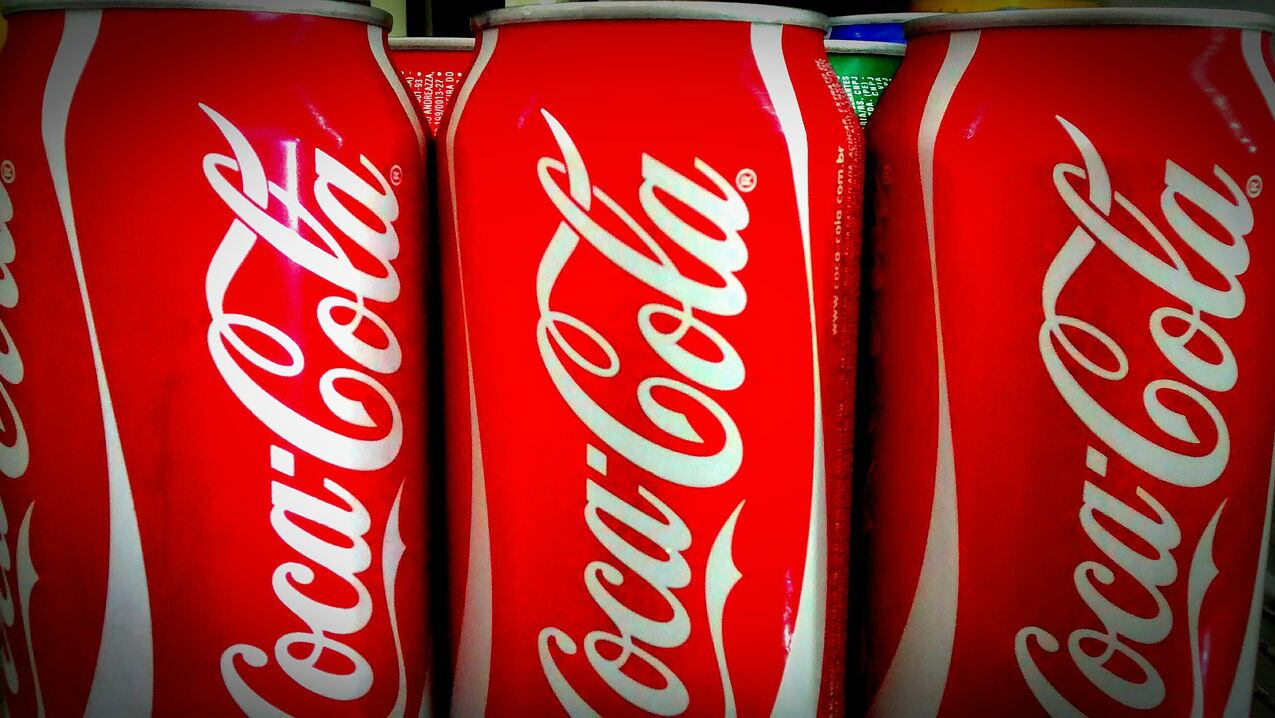The container return scheme (CRS) was first announced by the New Zealand Ministry for Environment (MFE) last year, where it won favour with local industry players when it claimed this would ‘recharge’ the local recycling system.
The CRS would allow consumers to return beverage containers made from plastic, glass or other materials to depots, community recycling schemes or reverse vending machines to receive a refund, which the ministry hopes would ‘incentivise consumers to return and recycle containers and increase recycling rates’.
A year on, the proposed design of the CRS has drawn flak from the industry mainly for insisting on redemption rates that will drive the costs of beverages up, and its local council-led format leading to a focus on revenue earnings instead of actual recycling.
“The Government’s CRS Design Working Group is [finalising the] report on the scheme right now, to be sent to ministers – but the problem with it as proposed so far is its design and the size of the redemption the councils want [in] order to give them a bigger piece of the revenue pie,” New Zealand Food and Grocery Chief Executive Katherine Rich.
“A current proposal being discussed is for consumers to get a redemption of NZ$0.20 (US$0.13) per bottle, [and] after adding another NZ$0.10 (US$0.07) and [15%] GST, the cost of the scheme to the industry and to consumers will be very high – probably more than NZ$0.35 (US$0.23) per container.
“This is a cost that will have to be passed on and borne by consumers [as] it is massive on a per unit basis, way beyond what could be absorbed by any manufacturer.”
Rich also stressed that this would be particularly damaging for beverage firms at this point in time, as the cost increases would be coming after COVID-19 lockdowns.
“[COVID-19] hurt drinks manufacturers particularly hard in terms of lost sales [so absorption is out of the question], and by my calculation the implementation of the current proposal means the retail price of a 24-pack of beer would increase by more than NZ$8.00 (US$5.32), and the same would potentially also apply to other beverages such as soft drinks,” Rich added.
“There is no acceptance of basic economic principles such as elasticity of demand or economies of scale here. There’s no recognition that smaller, artisan manufacturers will be hit harder than larger ones. The lack of knowledge about manufacturing and how supply chains actually work is concerning.”
No reason for higher costs
Several other countries that also implement CRS schemes have opted for the lower redemption amount of 10 cents (in local currency), and Rich argued that there is no reason for this to be different here.
“The working group can’t even claim the redemption must be 20 cents to incentivise consumers to return enough containers to make a difference, because in other countries 10 cents works perfectly fine: South Australia’s collection rate is 80%, while Sweden’s is 85% – exactly the return rate our Government wants to achieve,” she said.
New Zealand is already running multiple other industry-led CRS projects nationwide with a focus on glass, and Rich said that this in-motion projects would be ‘at risk’ and progress lost if the current proposal went ahead.
“In New Zealand we already recycle around 70% of our glass containers via our industry-led schemes. These will be put at risk if the government insists on imposing a costly and bureaucratic extra system over the top,” she said.
Government reconsideration needed
In view of this, Rich pushed for the New Zealand government to take a closer look at the current proposal, and reconsider allowing local councils to lead this scheme.
“[Before] making any decisions based on the report, [the government needs to] get it reviewed - and fact-checked and do not allow local councils to run any schemes. Industry-led schemes have an interest in being efficient and effective. Council schemes do not,” she said.
“The government should think about timing as well. All beverage businesses have had a bad year in terms of sales due to the closure of restaurants, cafes etc, such a massive hike in costs will send more to the wall.
“The beverage industry is committed to playing a major part in container recovery to reduce packaging pollution and work towards a circular economy, but it wants it done in an effective, accessible, and user-friendly way that is not a money-making exercise for councils.”
In addition to the CRS, Associate Environment Minister Eugenie Sage also announced last month that MFE would be establishing mandatory ‘regulated product stewardship schemes’ for plastic packaging under the Waste Minimisation Act, which would affect food packaging.
“The Ministry for the Environment will work with the manufacturers and retailers of the priority products and with stakeholders to co-design product stewardship schemes and regulations that will work for them and the environment,” Sage said in a formal statement.





